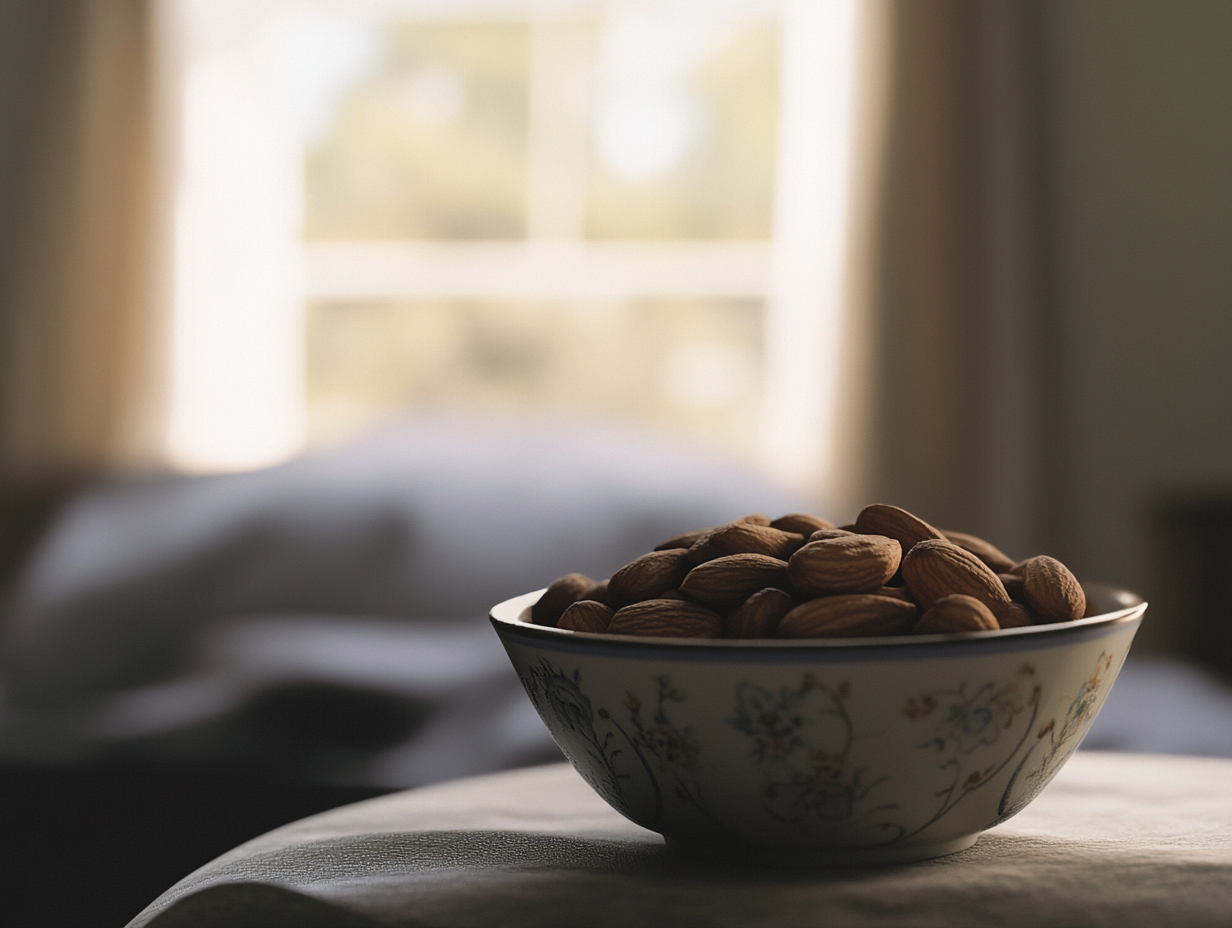Feeling sluggish by mid-morning? Struggling to stay awake after lunch? You’re not alone. Many older adults experience dips in energy throughout the day - but that doesn’t mean you have to accept constant tiredness as a fact of life.
With a few small changes to your routine, diet, and daily habits, you can boost your energy naturally and stay more alert, active, and comfortable all day long.
Here’s how to support your body and brain with steady, feel-good energy - no caffeine crash required.
Why Energy Dips Happen as We Age
According to the National Institute on Aging, fatigue in older adults can be caused by many factors - including medications, poor sleep, or underlying health conditions. Understanding the root cause is the first step toward feeling better.
As we get older, our bodies process food, rest, and activity differently. Some common reasons for fatigue include:
- Poor or interrupted sleep
- Skipped meals or blood sugar fluctuations
- Dehydration
- Not enough movement
- Medications or health conditions
- Mental fatigue or low mood
- Lack of daily structure
The good news? Most of these can be improved with simple, gentle strategies.
1. Start Your Day With Protein and Water
Breakfast matters - especially for older adults. Instead of just toast or tea, aim for a breakfast that includes:
- Eggs, Greek yogurt, or nut butter for protein
- Whole grains or fruit for energy
- A full glass of water to rehydrate after sleep
This combination helps stabilize blood sugar and supports energy for the hours ahead.
👉 Related reading: Food That Feeds Your Brain: Easy Ideas for Each Meal
2. Move Every Hour or So
It may sound backward, but a little movement actually helps fight fatigue.
Try:
- Stretching after sitting
- A short walk around the room or garden
- Seated leg lifts or shoulder rolls
- Marching in place while waiting for the kettle
Movement improves circulation and wakes up your muscles - and your mind.
👉 Related reading: Why Moving a Little Every Day Helps Your Body and Brain
3. Avoid Long Gaps Between Meals
Waiting too long between meals can lead to blood sugar dips - causing fatigue, brain fog, or light-headedness. Instead:
- Eat every 3-4 hours
- Include some protein or healthy fat with each meal/snack
- Keep easy snacks on hand (e.g., nuts, boiled eggs, fruit, yogurt)
If you’re forgetting to eat, set gentle reminders using an app like Elli Cares.
👉 Related reading: Feeling Off Lately? It Might Be Something You Ate (or Didn’t)
4. Stay Hydrated Throughout the Day
Even mild dehydration can make you feel tired, foggy, or irritable.
- Aim for 6-8 cups of fluid a day (water, herbal tea, broth)
- Sip regularly, even if you’re not thirsty
- Add flavour with lemon, cucumber, or mint
👉 Related reading: How to Tell If You’re Drinking Enough Water
5. Build Rest Into Your Day (But Skip Long Naps)
It’s okay to rest - but long naps can throw off your sleep at night.
- Aim for short rests (10-20 minutes) in the afternoon
- Sit in a sunny spot with a cup of tea, music, or quiet time
- Avoid lying down for hours unless you truly need it
Resting is different from being still all day - your body needs movement to create energy.
6. Create a Gentle Daily Rhythm
Having structure helps your body know when to be alert and when to wind down.
Try keeping consistent:
- Wake-up and bedtime
- Meal times
- Activity breaks or outdoor time
- Moments for joy or connection (calls, hobbies, light chores)
You can use the Elli Cares app to set gentle reminders that create this rhythm for you - with support from loved ones if you’d like.
👉 Related reading: How to Create Routines That Make Life Easier
7. Pay Attention to Mood and Mental Fatigue
Low mood, anxiety, or brain overload can also cause exhaustion. If your tiredness feels more mental than physical, consider:
- Talking with someone you trust
- Doing a short creative activity (drawing, music, gardening)
- Logging your mood to notice patterns
- Limiting overwhelming news or screens
Sometimes, what we need isn’t rest - it’s stimulation or connection.
If you’re feeling low on energy, it’s not about doing more. It’s about doing things differently - gently, consistently, and with care.
A few small changes to your meals, movement, and daily flow can restore your energy in ways that feel natural and sustainable.
At Elli Cares, we’re here to help you feel supported - not rushed. Whether it’s setting a hydration reminder, tracking your mood, or encouraging a midday stretch, we believe better energy starts with small, doable actions.
👉 Learn more at www.elliapp.co








